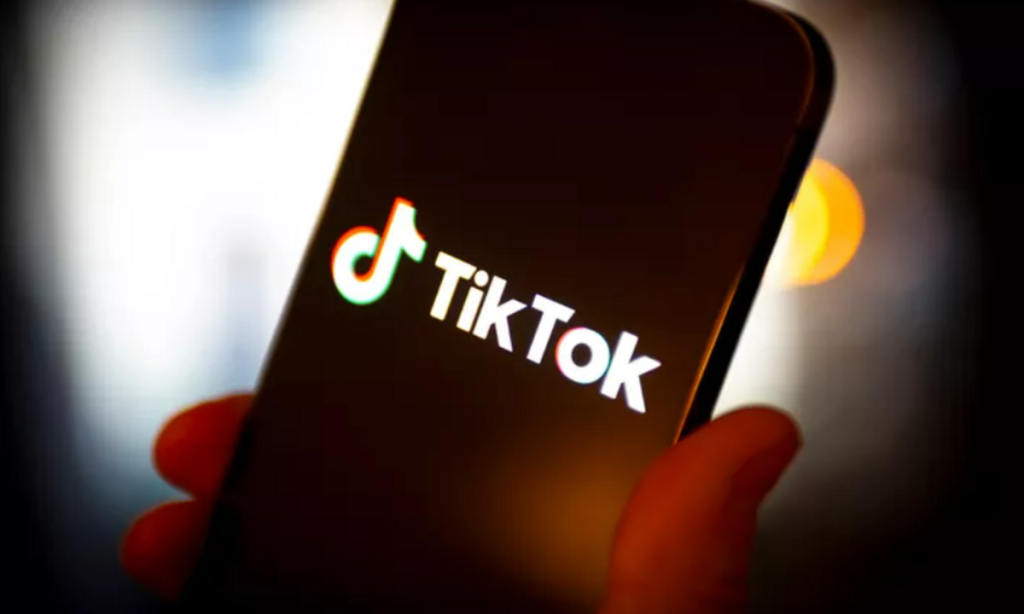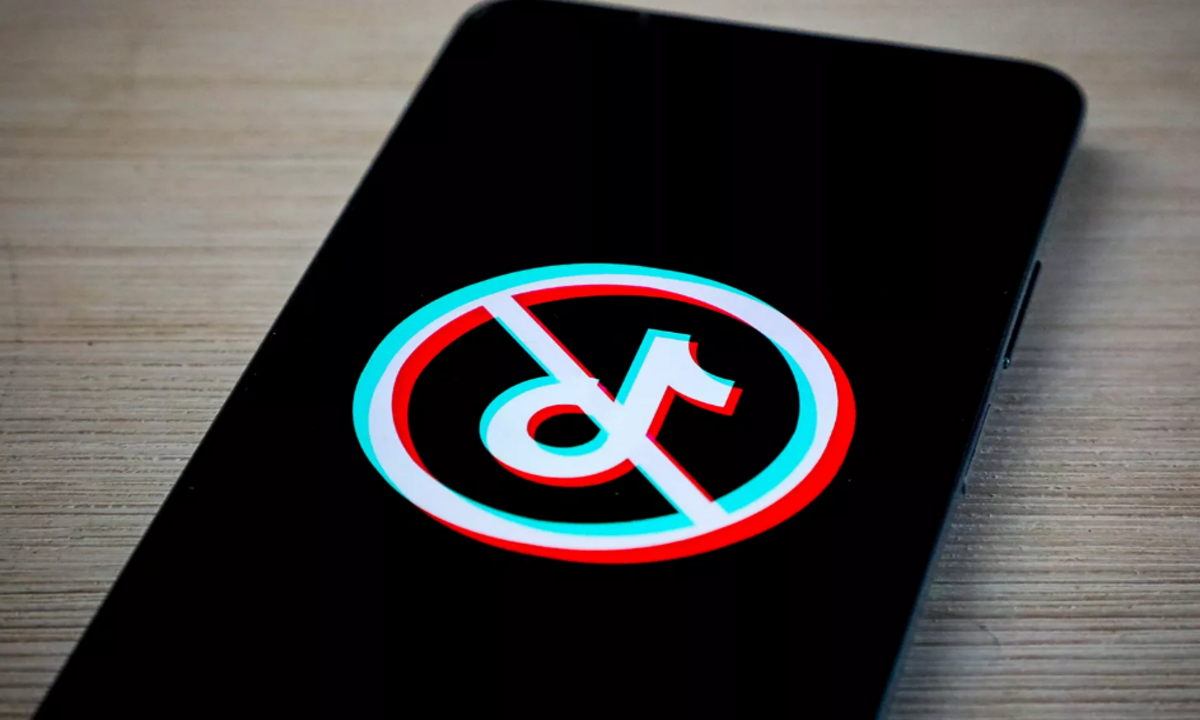A 19-year-old from Menasha, Wisconsin, has been charged with arson after setting fire to the district office of Republican U.S. Rep. Glenn Grothman. According to police, the teenager cited his frustration over discussions about banning TikTok as the reason behind his actions.
The incident happened early Sunday morning, January 19, at a strip mall on North Peters Avenue in Fond du Lac, Wisconsin, where the congressman’s office is located. The City of Fond du Lac Police Department (FDLPD) responded to reports of a fire at around 1 a.m.
Quick Police and Fire Response Prevents Major Damage
When officers arrived, they used fire extinguishers to control the flames until firefighters arrived to fully extinguish the fire. Fortunately, no one was in the building at the time, and no injuries were reported.
Police found the teenager near the scene of the fire. After questioning him, the teen admitted to starting the fire and said it was due to the ongoing debate about banning TikTok. He was arrested and is currently being held in the Fond du Lac County Jail.
Chief Aaron Goldstein of the FDLPD said in a statement, “We are relieved that no one was injured and that the damage was contained. Acts of violence, in any form, are not tolerated. We are committed to ensuring the safety of our community.”

Congressman and Community React
Rep. Glenn Grothman also addressed the incident. In a statement shared on his X (formerly Twitter) account, he confirmed that no one was hurt and thanked local firefighters and police officers for their quick response.
This fire follows recent developments regarding TikTok in the United States. Rep. Grothman had previously supported legislation that called for ByteDance, the Chinese company that owns TikTok, to either sell the app to a U.S. company or shut it down completely.
The TikTok Ban: A Controversial Issue
The debate over TikTok has been ongoing for years. Concerns about data privacy and national security have led U.S. lawmakers to push for tighter controls or an outright ban on the app.
The Supreme Court recently upheld legislation allowing TikTok to be banned if it remains under Chinese ownership. On Saturday, January 18, TikTok briefly went offline in the U.S., leaving millions of users unable to access the platform. However, TikTok resumed service within 24 hours, stating it was “in the process of restoring service” for U.S. users.
Former President Donald Trump, who initially proposed banning TikTok during his first term in office, announced on his Truth Social platform that he would issue an executive order to temporarily halt the ban. Trump, now beginning his second term, reiterated his intention to save the app for U.S. users.
Violence Is Not the Answer
While TikTok’s popularity among younger audiences is undeniable, acts of violence like the one in Wisconsin highlight the tensions surrounding the app’s uncertain future. Authorities and community leaders stress the importance of addressing frustrations through peaceful and legal channels rather than resorting to harmful actions.
As investigations continue, the teen faces serious consequences for his actions. Authorities hope this incident serves as a reminder that disagreements over policies or laws should never lead to violence.
The Bigger Picture
This case raises larger questions about how technology, politics, and public opinion intersect. TikTok’s future in the U.S. remains uncertain, but the impact of the platform on its users is clear. As debates around its safety and ownership continue, leaders must balance concerns about security with the app’s cultural and economic influence.
For now, the incident in Wisconsin serves as a wake-up call. It’s a reminder that decisions made in the political arena can have real-life consequences for communities and individuals.
Disclaimer—Our team has checked this article to ensure its accuracy and eliminate any misinformation. We are committed to providing clear and reliable information for our readers.




